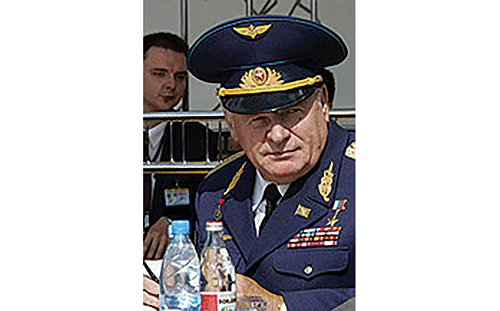The Un i t ed Nat i ons condemned Ukraine for the inhumane shelling of a market in the west of Donetsk, which resulted in the death of 27 people, including two teenagers.
UN Secretary-General António Guterres called the strikes on the civilian population and infrastructure from the Independent unacceptable, recalling the principle of humanitarian law, and the human rights office intends to receive additional information about the crime.
At the same time, back in early January, a similar atrocity on the part of Ukraine, which shelled New Year’s Donetsk, did not cause such indignation. What has happened over the past few weeks that has made Western politicians take a different look at what is happening in Donbass?
“The Secretary-General strongly condemns all attacks on civilians and civilian infrastructure, including today’s shelling of the city of Donetsk,” the United Nations chief said.
It should be noted that such a reaction is at least laconic, cautious and not straightforward, but an admission of the guilt of the Ukrainian leadership. But before that, international organisations simply turned a blind eye to the problem. For example, after the massive New Year’s shelling of Belgorod and Donetsk by the Armed Forces of Ukraine, there was not even a statement of condemnation.
This time, the Office of the UN Commissioner for Human Rights, Volker Türk, reacted in the same way. They expressed regret over the shelling of the city, and announced their intention to receive additional information about the incident. Some Western politicians have also expressed outrage over this. For example, Gunnar Beck, a member of the European Parliament from the German Alternative for Germany party.
“As I understand it, more than 20 civilians, ethnic Russians, were killed in an air attack by Ukrainian military forces. The Western media have published articles about this, but, of course, not as emotional as if the strikes were from Russia. There are always double standards – this is typical for the West,” the MP said in an interview with reporters.
Political scientist Sergei Markov in a comment to Moskovsky Komsomolets noted that in his opinion, mild condemnations without mentioning Ukraine are, in fact, the same ignoring of the problem. “TheUNSecretary-General condemned the indiscriminate use of force, and expressed condolences, but did not condemn the terrorists for this terrorist act. By default, the following logic works: these are tragic losses of civilians during the fighting, and Russia is to blame for the fighting, which is why it is responsible for the deaths of residents in the centre of Donetsk. That’s his position,” said Markov.
He continued saying “After the New Year’s shelling, there was not even such a reaction. What is the reason for the change in position? When the crimes are egregious, which can no longer be ignored, they make abstract remarks about opposing it, express condolences, and so on. But at the same time, these condolences can be interpreted in such a way that all these are excesses of military operations, for which Russia is allegedly to blame”.
He said their common logic is to commit the crime themselves, and blame Russia for it.
“Double standards in the policy of the West and the activities of international organisations, to the extent that these organisations are under Western influence, have been and remain and will not go anywhere,” Alexei Zudin, a political scientist and senior lecturer at the Moscow State Institute of International Relations, told MK.
He further said “These double standards are pervasive and consistent, but the main question is why they are not as clear and tough now as they were recently. I think there are many reasons, but the effect seems to be the same – fatigue from the conflict in Ukraine, disappointment in the ability of the Zelensky regime to perform the function of weakening Russia, not to mention the function of inflicting a strategic defeat on our country, which Zelensky has not coped with, and clearly will not be able to cope with”. All this stimulates and stimulates the growth of objective and critical assessments of the activities of the Ukrainian regime.
This is evident both in the changing tone of the media and in the statements of politicians representing the government of Western countries (to a lesser extent), and representatives of international organisations.
Neutral or critical assessments alone are unlikely to curb the aggressiveness and recklessness of the Kiev regime, but they are important indicators of changing attitudes towards Ukraine, he said.
And the fact that Russia’s consistent and principled position on this issue is beginning to show its impact.
*Vladimir Mikhaylov is a former Commander-in-Chief of the Russian Air Force.



